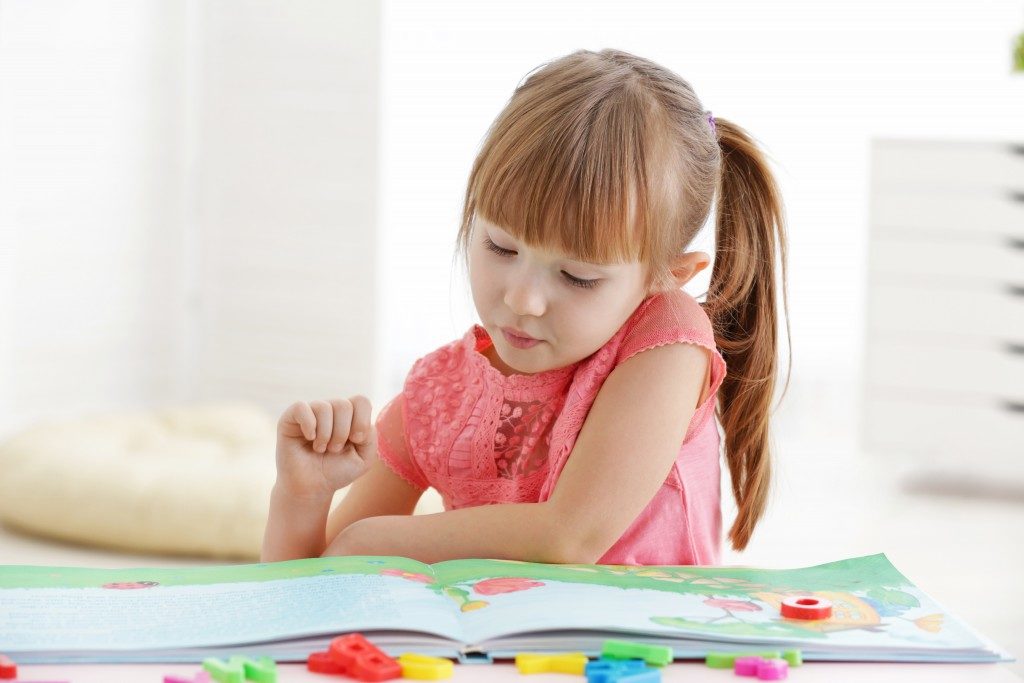Technology has definitely made people’s lives more convenient. It has provided a lot of benefits, especially when it comes to reducing time spent on manual and repetitive tasks. Technological tools also helped find better ways to accomplish people’s goals. No wonder, technological advancements continue receiving a positive response among people across the globe. Unfortunately, there is an existing debate about the role of technology in some areas of life. Its benefits have become questionable, especially when it comes to improving children’s learning skills.
The Digital Age and Its Impact on Children
Researchers conducted a study among preschoolers in Singapore. They tried to reveal how they use technological tools such as tablets, computers, and smartphones. The study revealed that 65% of parents have allowed their kids to use mobile devices and other gadgets before the child even reached the age of three. Aside from this, only 30% of the parents have strict rules about how their kids use these gadgets and mobile devices. This means that most of them don’t control how their children use technological devices.
Most of these parents believe that allowing their kids to use gadgets at an early age will help them learn how to use technology, the Internet, and other advanced innovations in the digital era. Although there is reality in this concept, there is also a threat in allowing young children to have free reign in using technology.
Without proper guidance, kids will have the tendency to develop social and behavioural issues. Aside from this, they will build unhealthy learning habits because of the constant distraction of games, movies, and other leisure activities that technology can provide them.
Using Technology to Improve Children’s Learning Skills

Parents often aim to help their children grow up to become smart, independent, and responsible people. Thus, they try their best to provide their kids with all the necessary assistance to ensure that they develop habits that will help them achieve personal growth. Some parents even choose from top international schools in Singapore to ensure that their kids receive a quality education.
If you also want to help your kids develop healthy learning habits, you need to consider improved strategies. Consider using technology to assist them in learning. Here are a few recommendations to do this:
- Using games to encourage kids to study. Young kids often prefer playtime than other activities. They even skip study time to play with toys or level up on their smartphones games. Instead of reducing their playtime, take advantage of this situation. Encourage them to install gaming applications (educational games) that allow them to further their studies.
- Teaching kids to browse Internet resources. Patiently teach them how to use the Internet responsibly. Introduce them to the benefits of using search engines such as Google and Bing. Assist them in coming up with keywords and how to choose the best websites for educational reference.
- Using social media to improve social skills. Educate them about the dangers of social media. Let them know how to browse various platforms such as Twitter and Facebook. Let them join groups that encourage people to improve themselves. Make sure that they also know how to avoid talking to strangers to protect them from dangerous people on the Internet.
- Reminding them to take breaks from gadget use. Encourage them to use mobile devices for studying. But you also need to allow them to look for ways to entertain themselves through video streaming, games, and other fun activities. The key is to remind them about their limitations so that they still know when to take breaks whenever necessary.
Heavy use of technology may definitely pose risks in children’s learning capabilities. However, it can also provide them with better means of improving their education. The key is to educate them about the right way to use technological devices. Also, it would be best if you could encourage them to develop independent and responsible skills, especially when it comes to exploring new hobbies or pursuing a passion. Work with educators and, together, discover new ways to support children’s learning skills and overall growth.



